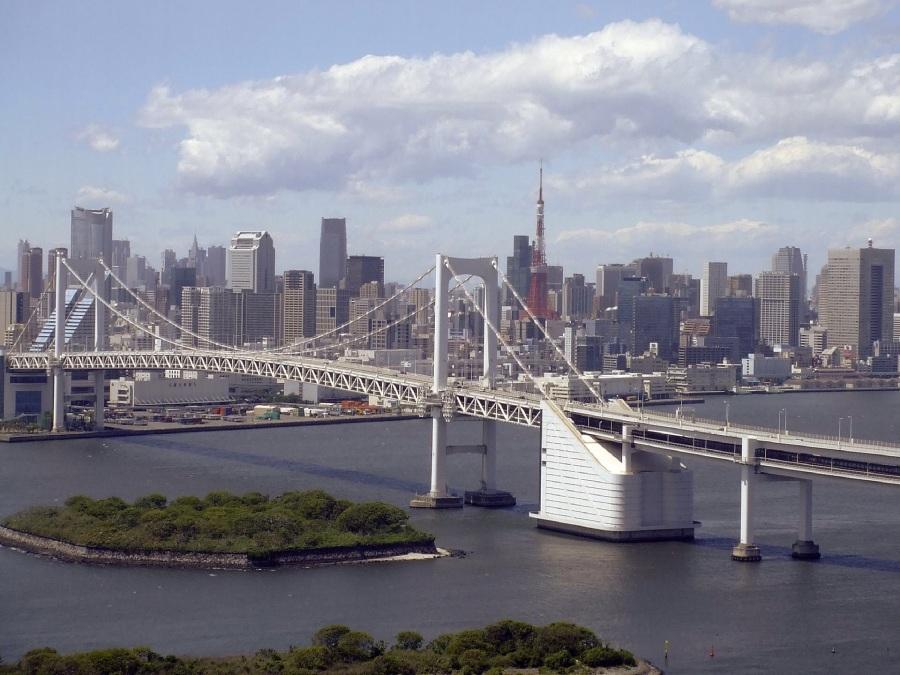Japan is in a recession
Photo via Wikimedia Commons under Creative Commons license
Cityscape view of Japan’s capital, Tokyo.
November 20, 2014
Japan’s economy fell at a 1.6% annualized rate in the third quarter of 2014, shocking economists across the world and throwing the country into a recession.
The negative quarter follows a 7.3% decrease in gross domestic product (GDP) from earlier this year. With two consecutive quarters of negative growth, Japan is now officially in a recession, its 6th in just over 15 years. Only a year and a half came in between the most recent one and now.
While these facts alone have worried many over the future of the world’s third largest economy, what may be the most distressing element of the downturn is that economists did not see it coming. When the Wall Street Journal surveyed 18 prominent economists, the median prediction was for a 2.25% increase in annualized GDP. Not a single one predicted a decrease.
This economic pitfall came on the heels of multiple fiscal indicators that seemed to be pointing in different directions. For example, Japan’s unemployment rate is only 3.6% but its public debt-to-GDP ratio is at 240%, compared to 5.9% unemployment and a 107% ratio, respectively, in the United States.
Yet, many policy researchers suggest that one key issue was the main factor in Japan’s performance: a sales tax. Since Prime Minister Shinzo Abe was elected in 2012, Japan’s government has been trying to tackle its fiscal responsibilities by “burning the candle at both ends” in part through aggressive government spending and trying to pay down its debt. The only way to keep up was by increasing the national sales tax from 5% to 8%, with another bump to 10% next year.
Prime Minister Abe addressed concerns, saying “There are divided opinions about the economic policies that we are pursuing, there here is also resistance. To continue advancing that growth strategy with the support of the people, we need to listen to the voice of people.”
He went on to announce that he would dissolve Parliament and hold snap elections for the lower house next month.
Political experts believe Mr. Abe is trying to capitalize by calling these elections early so to hurt the opposing party, the DPJ, who proposed the sales tax increase. Yet, Mr. Abe himself has had a recent slump in the polls, dropping eight points to 44% approval in just the past month.
Looking onwards, some good news came along side the disappointing growth report, most significantly that Japan’s exports increased an annualized 9.6% this quarter, setting up Japan to possibly have a better fourth quarter.







